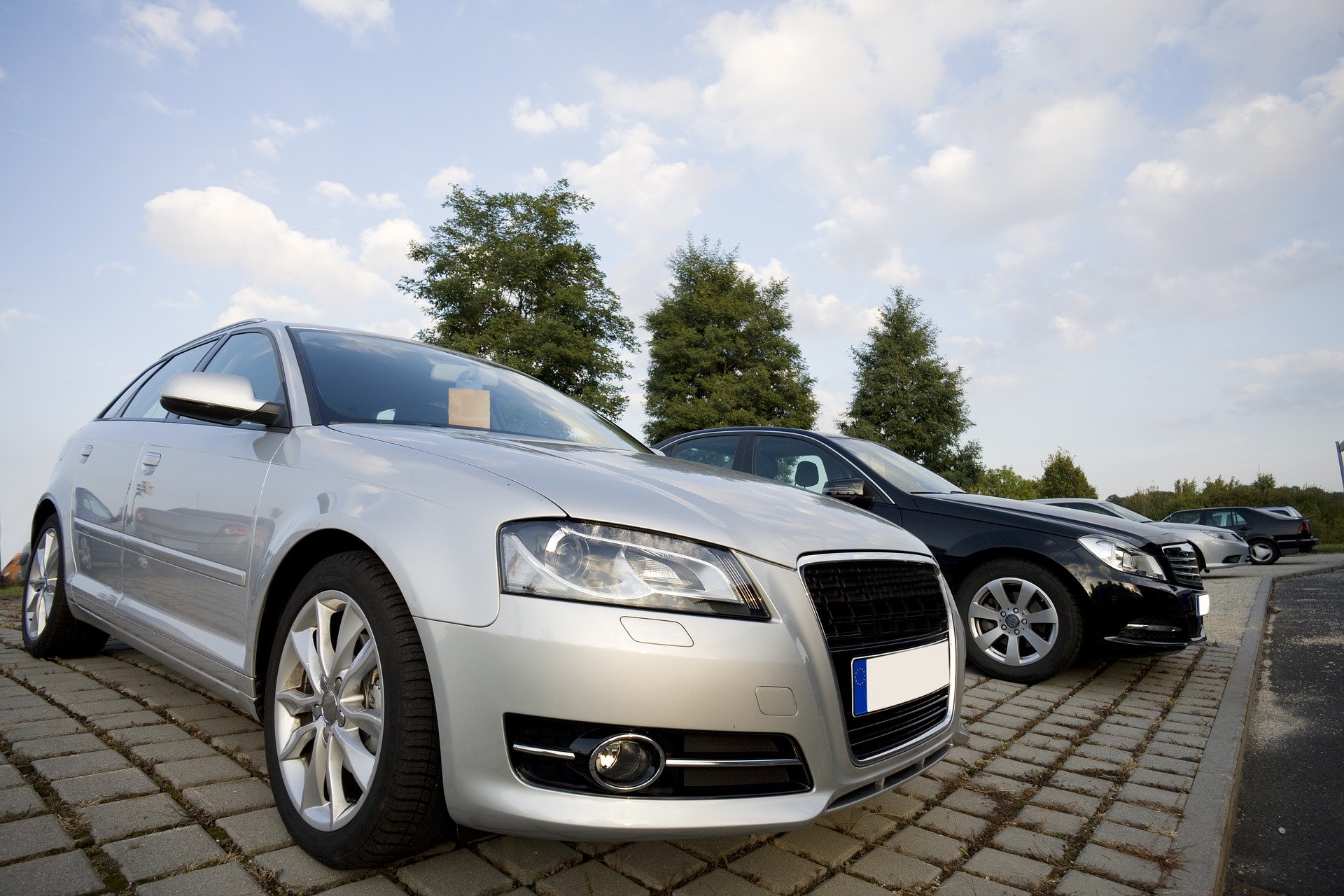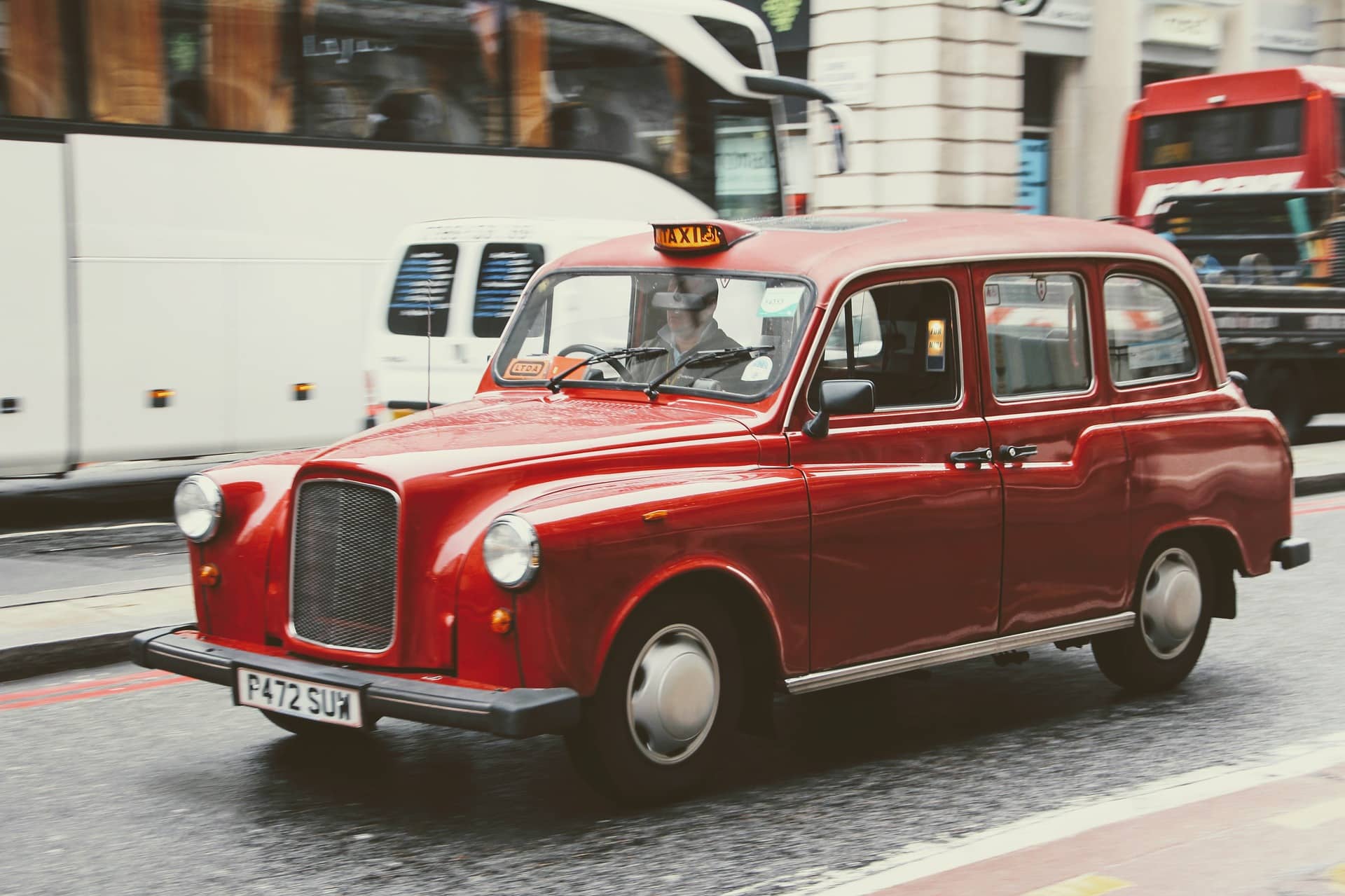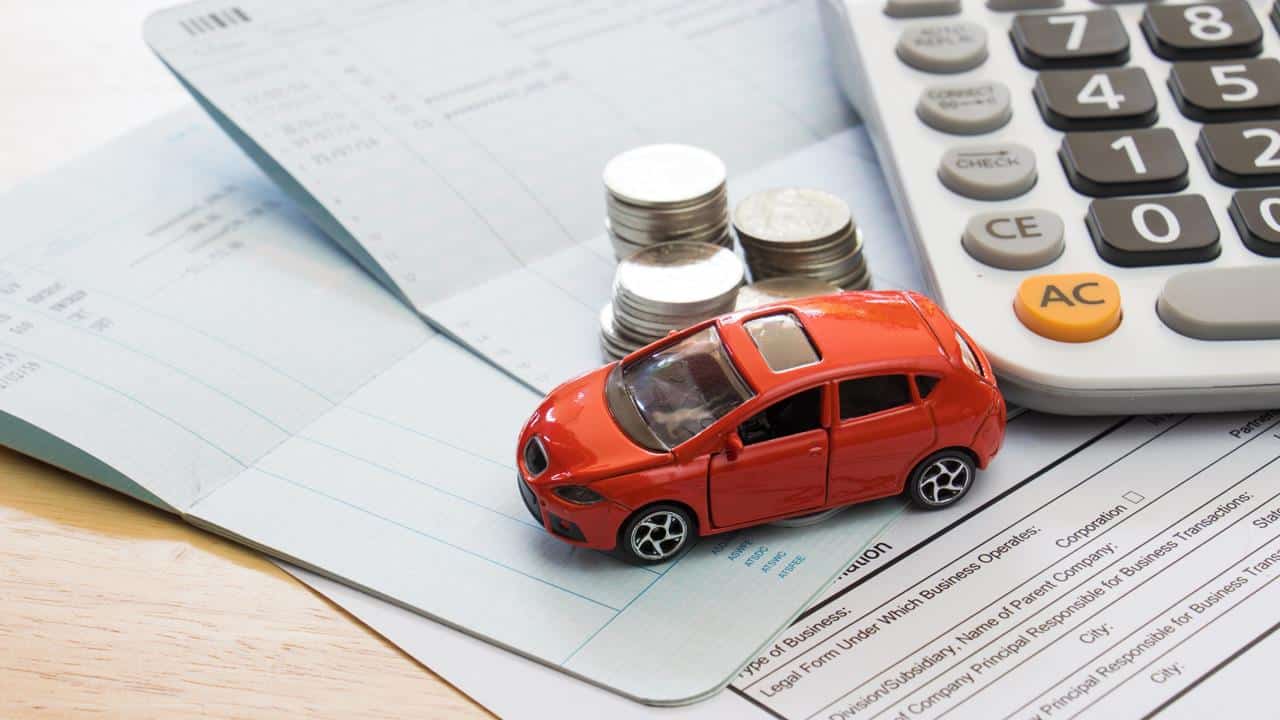Like many of us, car dealers are getting reacclimated under a new set of rules as lockdown restrictions ease. However, a large proportion are realising that there are significant changes to the way they will now be expected to do business.
There’s a new set of Covid-19 Secure regulations to abide by – ensuring both customers and employees are protected. Additionally, unaccompanied test drives are part of the ‘new normal’ and more consumers are choosing to buy online rather than visiting a showroom.
Utility Saving Expert has spoken to a number of dealers in the motor trade and all of them have stated that the changes they have implemented within their businesses have been far reaching. A manager at a dealer group – who wished to remain anonymous – said that: “Our business looks and feels very different at this moment in time, even with the same staff members and showrooms. It’s completely new to us and has taken a lot of careful planning to make health and safety for our colleagues and customers a top priority.”
Marc Robinson, of eBay Motors Group, said showrooms have had to be ‘reshaped’ and dealers are quickly getting used to operating in a new way.
He said: ‘The Covid-19 crisis has heralded far-reaching changes which have reshaped the way showrooms operate to adhere to social distancing measures and hygiene standards to safeguard customers and colleagues.
‘Consequently, car retailers are now operating in a very different environment where reduced footfall is part of this new norm as customers go online, not just to research, but to conduct more of the transaction process.’
Sales staff have undergone training in their respective firms and have had to learn how to build customer rapport in an alternative fashion. They’ve had to master the art of video call interactions as walk in customers and face to face meetings are small in number these days.
Robinson added: ‘For many dealers this will be a challenge as sales staff typically thrive on building relationships with customers through face-to-face interaction.’
Many managing directors have said that their dealerships have had to adapt at a rapid pace following the coronavirus pandemic. This includes minor restructuring to businesses that weren’t performing.
One dealer found that customers in both sales and aftersales appreciated the system of structured appointments, as they had more time to spend with the sales advisor. There was a drawback mentioned by another trader: “It’s harder to sell additional products as customers aren’t spending enough physical time in the showrooms.”
As trade moves towards an online solution, car dealerships want to ensure customers still have a choice when making a big-ticket purchase.
Thomas Lakefield, a regional sales manager said that: “There’s a strong emphasis on creating an online department to quickly ascertain which buying channel the customer wants to take and guide them through the process rather than force down a full online route which may not be in the customer’s best interest.”
Many in the industry stated that the largest challenge right now is around employment and compliance. Lots of car dealerships still have a sizeable number of staff on furlough and some are experiencing a rush of buyers – especially in the used car department.
This isn’t a surprise given that 32% of drivers in London say they will drive to their place of work; this is in comparison to just 20% before the lockdown began.
Those that are going to start driving to their place of work must ensure that their existing car insurance policy covers them for commuting, likely increasing the price.





